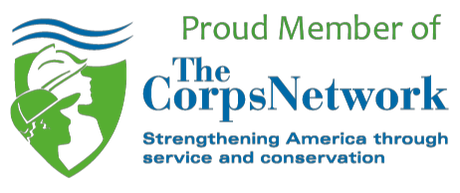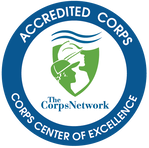|
G.E.M. Environmental is excited to share another new addition to our monthly blog series - Science Stories. Each month, we interview a STEM scholar, student, or community member and ask them things like why they believe the STEM fields are important, how they got started in their field, to what they would do if they hit the jackpot. We hope that our new blog series will inspire, introduce a variety of fields, and create new conversations. Our guest this month is Elise Gornish, Cooperative Extension Specialist in Ecological Restoration at the University of Arizona. Her program focuses on research and outreach of grassland restoration in arid systems. Elise received her PhD from Florida State University and did a postdoc at the University of California, Davis. She's originally from New York, but is glad to be out of the city. Why do you believe that the STEM fields are important? Everything relates to science - everything. If you think about what's in the news right now: immigration, war, natural disasters, healthcare...they are all related directly or indirectly to climate change, natural resources and other facets of science. To understand our world around us in all ways, we need smart, motivated people working in STEM and we need a populace that respects and believes in science. How and why did you get involved in the STEM fields? I was not interested in science perse when I was a kid. I liked being outside and always liked animals, but thought of science as old men in lab coats studying cells. I got degrees in business and English in college, expecting to work in marketing. About a year after I started my first job in the marketing field, I realized I was uninterested, unmotivated and just not excited about what I was spending my time doing every day. I started going back to school at night to figure out what I was interested in and took my first ecology class. I was blown away by how interesting it was. I took more related classes and then got myself in a few volunteer and internship opportunities to make sure that that field was something I wanted to go into. When I was sure, I applied to graduate school. Can you describe another aspect of your life or career that is influenced or enriched by the STEM fields that people would find surprising? Because I really love my job, because I'm really happy with how I spend my time at work each day, my life is really really easy. Working in STEM has made all aspects of my life better because I spend most of my time doing something that I find fulfilling. What inspires you in your current position/role? The good inspiration comes from students who are smart and motivated. I am currently working on a small project with two high school students who are just amazing. Seeing students now who I know will be super scientists when they are a little older is really inspiring. The bad inspiration comes from a large number of people in the U.S. (and elsewhere) who seems to actively ignore or work against science. People who don't 'believe' in climate change, people who think that immunizations will hurt their kids based on something a celebrity tells them, people who think that education is a liberal plot of some kind - these types of people vote and help to shape decision making in this country for better or for worse. So, I am motivated to provide information in novel ways for people to access and hopefully learn something about science. Have you ever participated in an internship? I participated in quite a few internships before attending graduate school. They were diverse in type (hands on field work, lab research and public outreach), and location (a zoo, a museum, and a remote field camp). And, I learned really different things through each internship. The internships were incredibly helpful in helping me to understand what I wanted and did not want to do in graduate school and beyond. The internships also helped to make me a more competitive candidate for graduate school. Finally, the internships were important for developing a network - which is incredibly important as a scientist. What work experiences (past or present) have been the most educational for you, and why? My work in a remote field camp for several summers was extremely educational in that I learned fundamentals about field ecology, and I also learned about how to work with a group of people. Science is NEVER done in a vacuum. Whether you are the field assistant or the head of the lab, you will always have to learn to work with people and depend on others. This takes a very distinct group of skills. What project(s) are you currently working on? I am working on lots of projects - too many to type up! But generally, my program focuses on enhancing restoration outcomes in arid habitats. So, I look at how to control weeds in deserts; I investigate relationships between native plants and trees in dry systems; I am attempting to develop fundamental strategies for using seedballs for restoration; and I study trait-based restoration approaches. I also spend a lot of time doing outreach, which is the delivery of my science to end users (people like land managers and ranchers). These types of folks don't typically read peer review publications (where scientists tend to publish their results), so I do things like give talks at workshops and field days and write blog posts about my work so that people who need that information can access it. Some of my work can be found on my webpage at gornish.arizona.edu. What is something that people might be surprised to learn about you (hobby, skill, interesting story)? I used to be in a metal band called deathsintence. We did covers of 80's love ballads. It was awesome. I am also the Director of a new program called GALS (gals.arizona.edu), which takes underserved high school girls out into the back-country to learn about science and develop leadership skills. You won $10 million in the lotto. What would you do? First the boring stuff: Pay off my house, and my brother's house. Put money in a college fund for my daughter and nephews. Donate $1 mil to charity. Then the fun stuff: Buy an early edition of Don Quixote for my husband. Buy a flock of sheep for my backyard. Install a video game room in my house. I would probably start drinking more ridiculously expensive kombucha and wine too. ~~~ We enjoyed hearing about your exciting work, Elisa. Thanks for sharing! If you'd like to learn more about Elisa and her projects, follow her here: Twitter: @RestoreCAL Instagram: gornish_restoration_lab Check back next month for more Science Stories. Want to be featured? Contact us. |
Categories
All
Archives
June 2024
|
G.E.M. Environmental NFP
Geology - Engineering - Minerals - Environmental - Not for Profit
Geology - Engineering - Minerals - Environmental - Not for Profit
Community Partners
|
Programs
|
Get Involved
|
About
|
Follow Us
|
Sponsors & Donors
|
© COPYRIGHT 2017 - 2023. ALL RIGHTS RESERVED. G.E.M. Environmental NFP
GEM Environmental, GEM4STEM, GEM Corps, and Charity Rocks are all Registered Trademarks of G.E.M. Environmental NFP.
Any and all use of Trademarks or Copyrights must be authorized.
GEM Environmental, GEM4STEM, GEM Corps, and Charity Rocks are all Registered Trademarks of G.E.M. Environmental NFP.
Any and all use of Trademarks or Copyrights must be authorized.
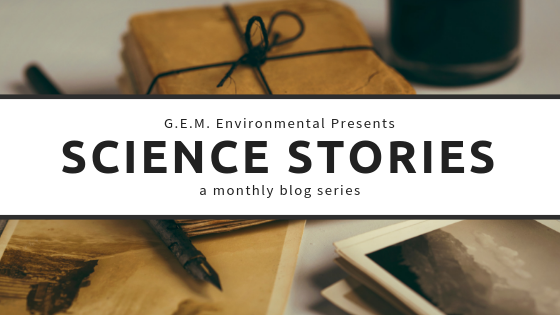
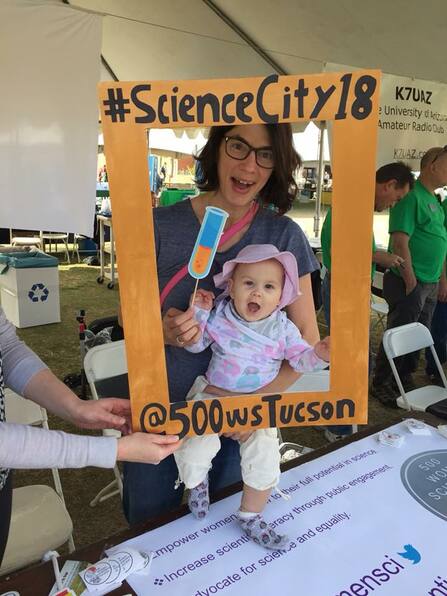
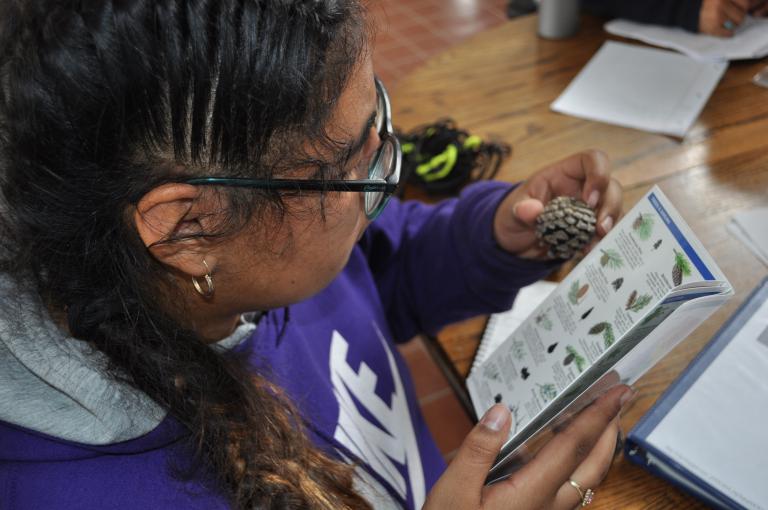
 RSS Feed
RSS Feed

